Contact lenses offer numerous benefits to individuals with refractive errors. However, proper eye care is essential when wearing lenses to maintain eye health and refractive errors in check. Let’s explore this topic further.
1. Potential Complications with Contact Lens Use
While contact lenses provide convenience and improved vision, they can also lead to complications if proper eye care is not maintained.
Corneal Oxygen Deficiency
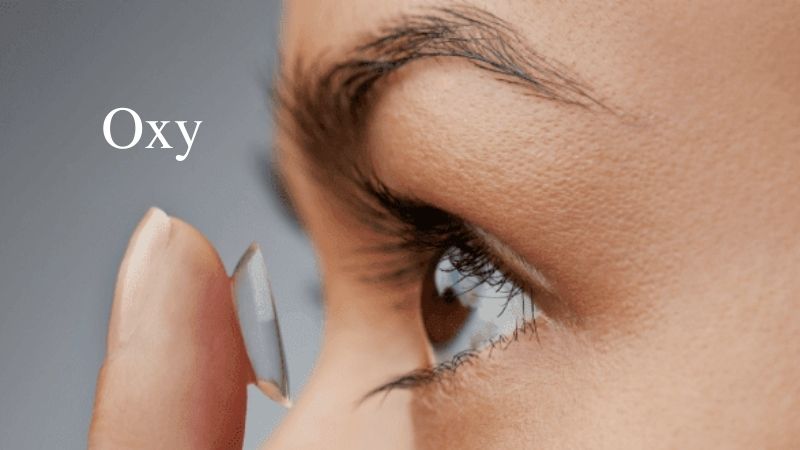 Corneal Oxygen Deficiency
Corneal Oxygen Deficiency
This occurs when contact lenses, typically made from polymer polymethyl methacrylate, do not allow sufficient oxygen to reach the cornea. The cornea receives oxygen through a process of diffusion, but contact lenses can restrict this process, leading to dry eyes, a feeling of grittiness, and other discomforts.
Corneal Neovascularization
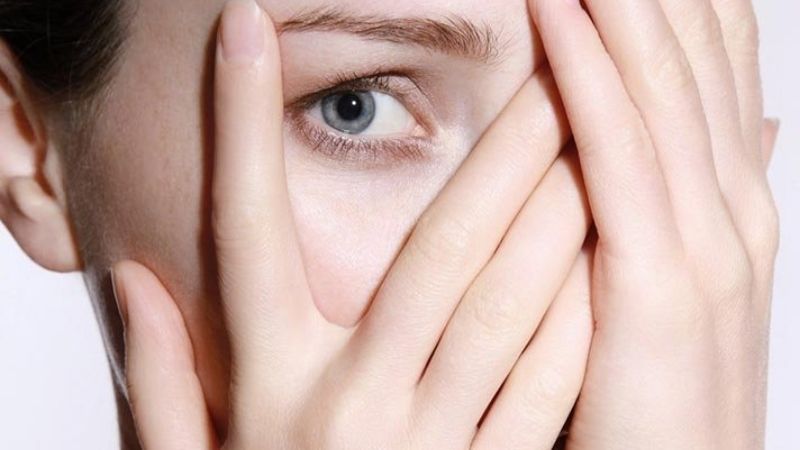 Corneal Neovascularization
Corneal Neovascularization
The cornea is normally a transparent, avascular structure. However, the presence of blood vessels on the cornea indicates a problem. This complication often arises from chronic corneal oxygen deficiency due to contact lens wear. If neovascularization occurs, it is crucial to discontinue lens use immediately.
Changes in Corneal Curvature
 Changes in Corneal Curvature
Changes in Corneal Curvature
Prolonged contact lens wear can lead to corneal deformation and changes in its curvature. This may be due to oxygen deficiency or wearing lenses with an inappropriate curvature for your cornea. As a result, you may experience blurred vision.
Conjunctivitis
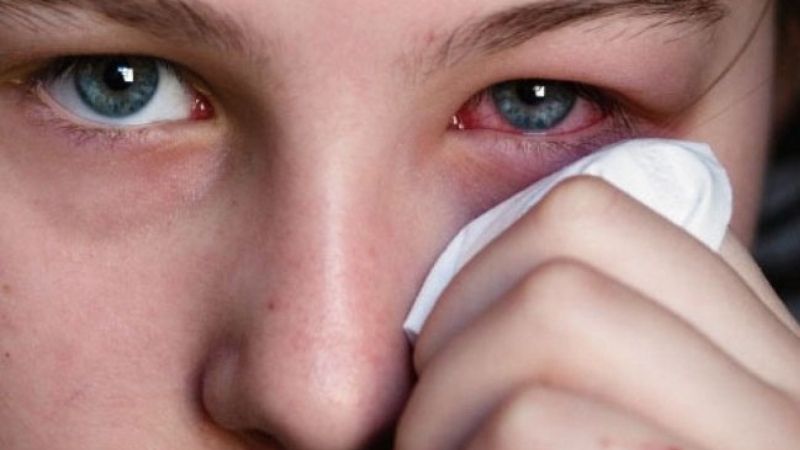 Conjunctivitis
Conjunctivitis
Conjunctivitis, commonly known as pink eye, is a condition where the conjunctival blood vessels become congested, causing swelling and redness. This issue is often associated with improper contact lens use, as lenses tend to absorb allergens, leading to conjunctival inflammation.
Keratitis
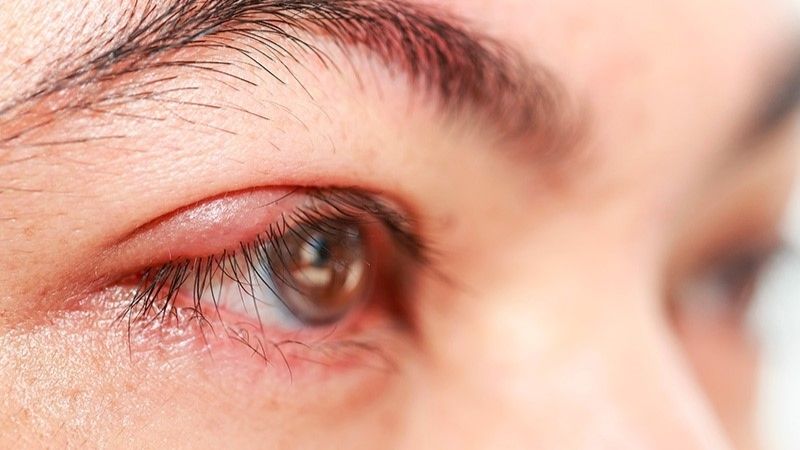 Keratitis
Keratitis
Keratitis is a condition where the cornea becomes swollen or inflamed, resulting in red, painful eyes and impaired vision. Individuals who frequently wear contact lenses are at risk of bacterial keratitis, with the risk increasing tenfold if lenses are worn overnight.
Symptoms of Dry Eyes with Contact Lens Use
 Symptoms of Dry Eyes with Contact Lens Use
Symptoms of Dry Eyes with Contact Lens Use
Insufficient tear production or inadequate lubrication while wearing contact lenses can lead to discomfort, a gritty feeling, blurred vision, and other symptoms associated with dry eyes. Additionally, not using eye drops regularly to moisturize the eyes can exacerbate this issue.
2. Tips for Healthy Eyes while Wearing Contact Lenses
Maintain Lens Hygiene
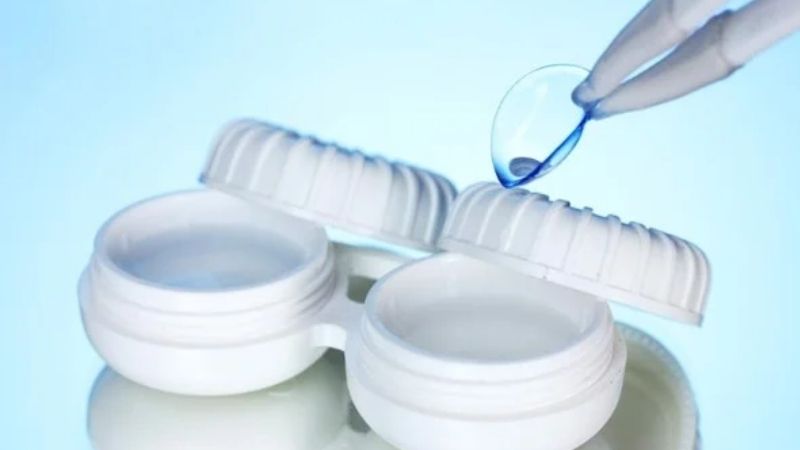 Maintain Lens Hygiene
Maintain Lens Hygiene
It is crucial to clean your contact lenses regularly. If not properly cleaned, lenses can become a breeding ground for bacteria, leading to eye infections. Always use a contact lens cleaning solution, and soak your lenses for at least 5 minutes after each use. Then, store them in a fresh solution until the next use.
Clean Hands before Handling
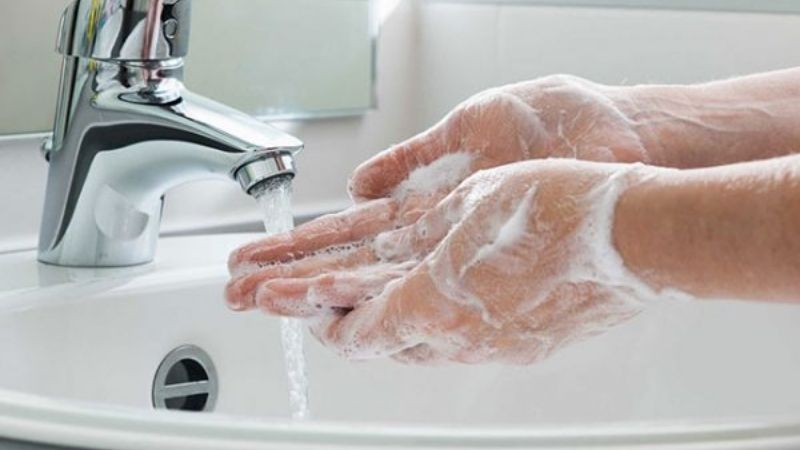 Clean Hands before Handling Contact Lenses
Clean Hands before Handling Contact Lenses
Since you use your hands to insert and remove contact lenses, it is essential to maintain proper hand hygiene to avoid introducing bacteria and other pathogens into your eyes. Wash your hands thoroughly before handling your lenses.
Insert Lenses before Applying Makeup
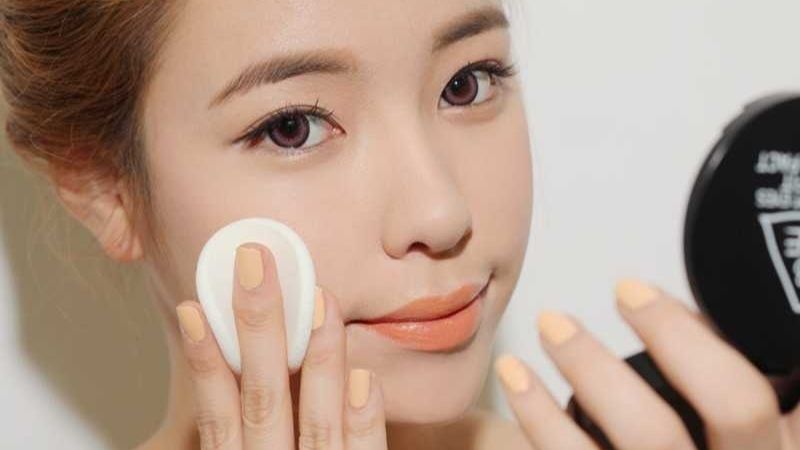 Insert Lenses before Applying Makeup
Insert Lenses before Applying Makeup
It is important to insert your contact lenses before applying makeup. Putting on lenses after applying makeup can cause them to stick to makeup particles or eye shadow dust, leading to bacterial growth. Additionally, wearing lenses before makeup reduces the risk of smudging your carefully applied cosmetics.
Remove Lenses after Use
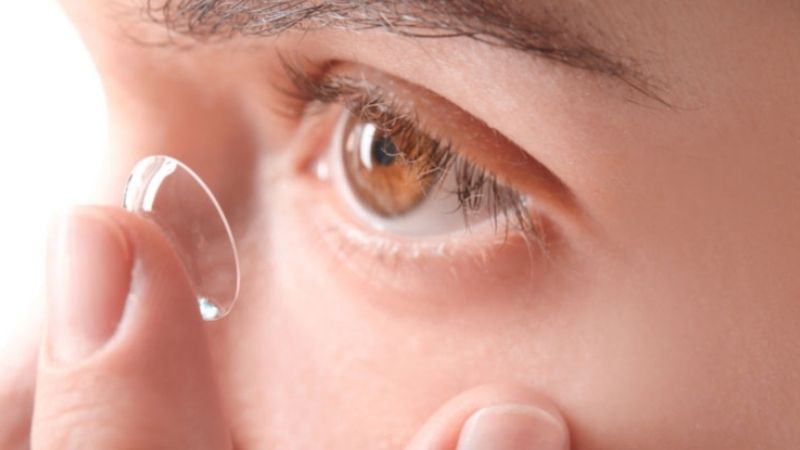 Remove Contact Lenses after Use
Remove Contact Lenses after Use
Prolonged contact lens wear can lead to oxygen deprivation in the eyes, causing dryness and other eye problems. Therefore, it is advisable to remove your lenses as soon as you no longer need them to give your eyes a break.
Protect Eyes from Water Splash
 Protect Eyes from Water Splash
Protect Eyes from Water Splash
Water can contain bacteria such as Bacterial keratitis and Acanthamoeba, which can cause keratitis and even lead to blindness. When wearing contact lenses, take precautions to avoid getting water in your eyes, especially when it’s raining.
Use Eye Drops
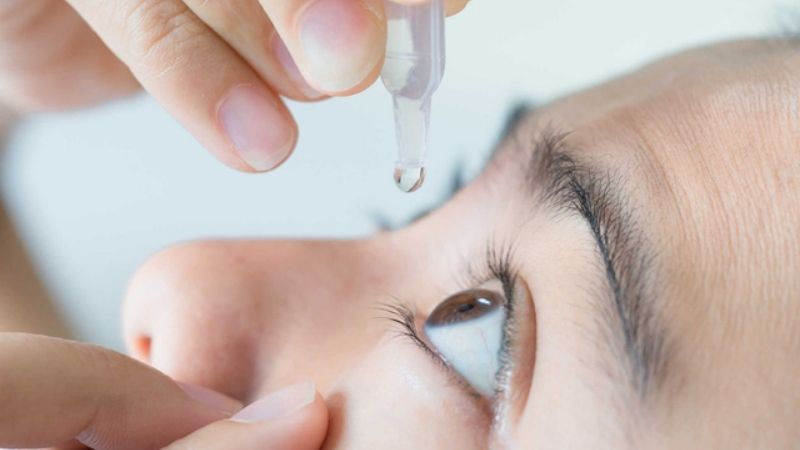 Use Eye Drops
Use Eye Drops
If you experience dry, tired eyes from wearing contact lenses, using eye drops can provide much-needed moisture and relief.
Wear Protective Eyewear Outdoors
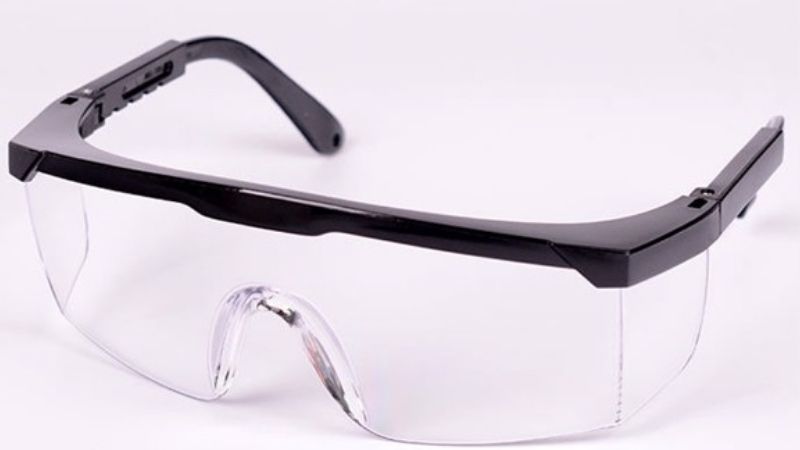 Wear Protective Eyewear Outdoors
Wear Protective Eyewear Outdoors
Smoke, dust, and chemicals are prevalent in the air we breathe. Prolonged exposure to these pollutants can damage your eyes. Always wear protective eyewear when outdoors to minimize the impact of air pollution on your eyes.
Supplement with Vitamins
 Supplement with Vitamins
Supplement with Vitamins
Vitamins such as , , and are excellent for eye health. They help keep your eyes bright and healthy while providing antioxidants that protect against the harmful effects of pollution and sunlight.
Regular Eye Examinations
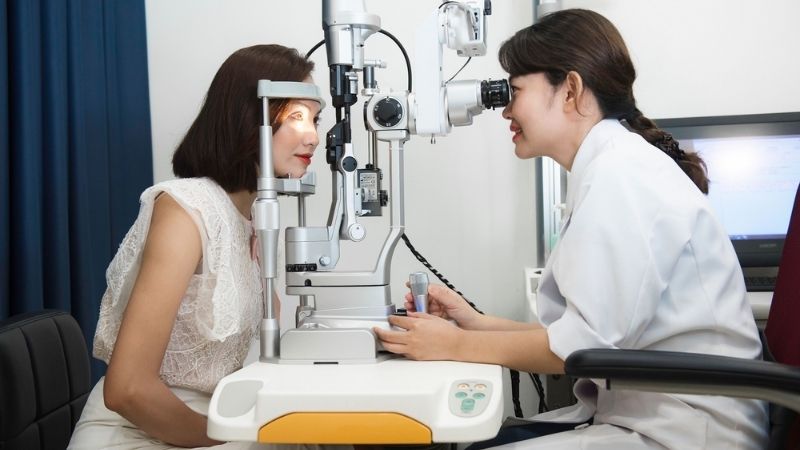 Regular Eye Examinations
Regular Eye Examinations
Regular eye examinations, at least every six months, are essential to detect any eye problems early on and reduce the risk of infections and allergies associated with prolonged contact lens use.
These tips will help you maintain healthy and beautiful eyes while wearing contact lenses. Give them a try and share your experiences with us!
Uncovering the Benefits of Eye Massage: 3 Unexpected Effects
Do you want to know how to protect your eyes and eyesight with simple massage techniques? Recent research has revealed that daily eye massage can provide a number of unexpected benefits to those looking to maintain healthy eyes and vision. Keep reading to find out more about the effects of eye massage and some simple exercises!
Uncovering the 6 Amazing Beauty Benefits of Avocado Oil
Discover 6 incredible beauty benefits of using avocado oil in your daily skin care routine in the “Kitchen Tips” section. From enhancing skin hydration to improving the appearance of blemishes, learn why avocado oil is one of the healthiest and most effective natural products to add to your beauty routine.





































